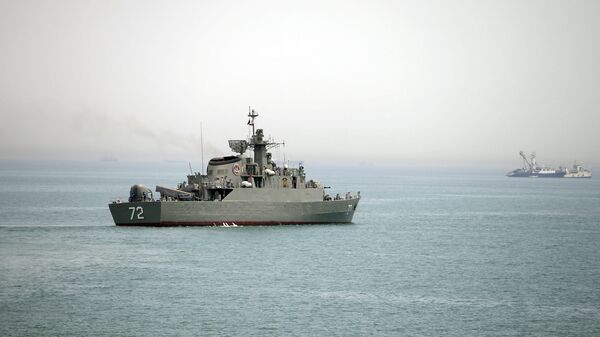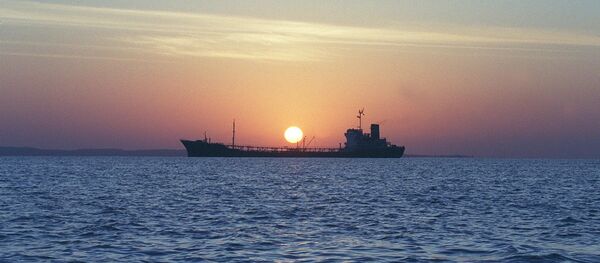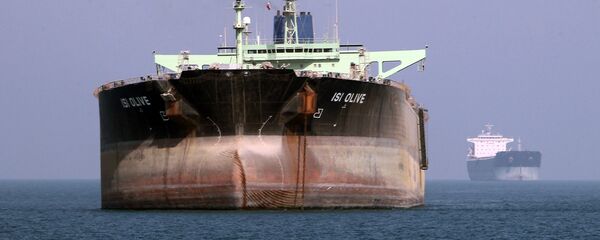To find out what the implications of Tehran’s tough talk could be, Sputnik caught up with Hamid Gholamzadeh, Iranian journalist for more insight on the issue.
Sputnik: So Iran has threatened to close the busiest oil transit waterway in the world, with President Rouhani saying that Tehran will disrupt the regional flow of oil if indeed the US succeeds in quashing Iran’s oil exports by November – some might say that all this does is provide the US with a justification for military confrontation with Iran.
Hamid Gholamzaeh: It seems that it can be a military threat, but the point is that we should look at the realities on the ground in the region. The Persian Gulf and the Strait of Homuz is not a place that the United States can easily erupt a war against Iran, and we should accept that Iran has the upper hand there, to some extent.
If any war launches between Iran and the United States, there is no doubt that it will spread to other places as well, so we could have Saudi Arabia involved, we could have Palestine and the Israeli regime involved, and actually the whole region would burn in the fire of the war so it’s not some easy decision by the United States to make that.
Sputnik: So, do you see a military confrontation in the Strait of Hormuz, and perhaps the Persian Gulf, between the US and Iran as being at all likely?
Hamid Gholamzaeh: I don’t think that it’s going to happen.
Iran said that it would happen if the United States stops Iran from selling oil to other countries, and I don’t think this is going to happen.
But I think that this threat by Rouhani would make the United States think twice regarding the oil sanctions on Iran and prevent any, let’s say, any irrational reaction that they would have.
The views expressed in this article are solely those of Hamid Gholamzadeh and do not necessarily reflect the official position of Sputnik.



